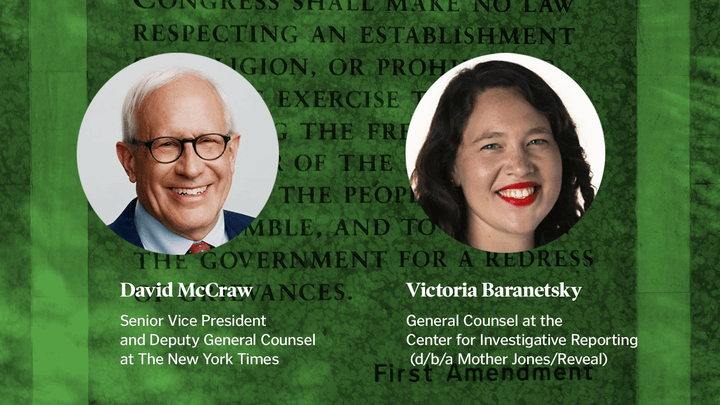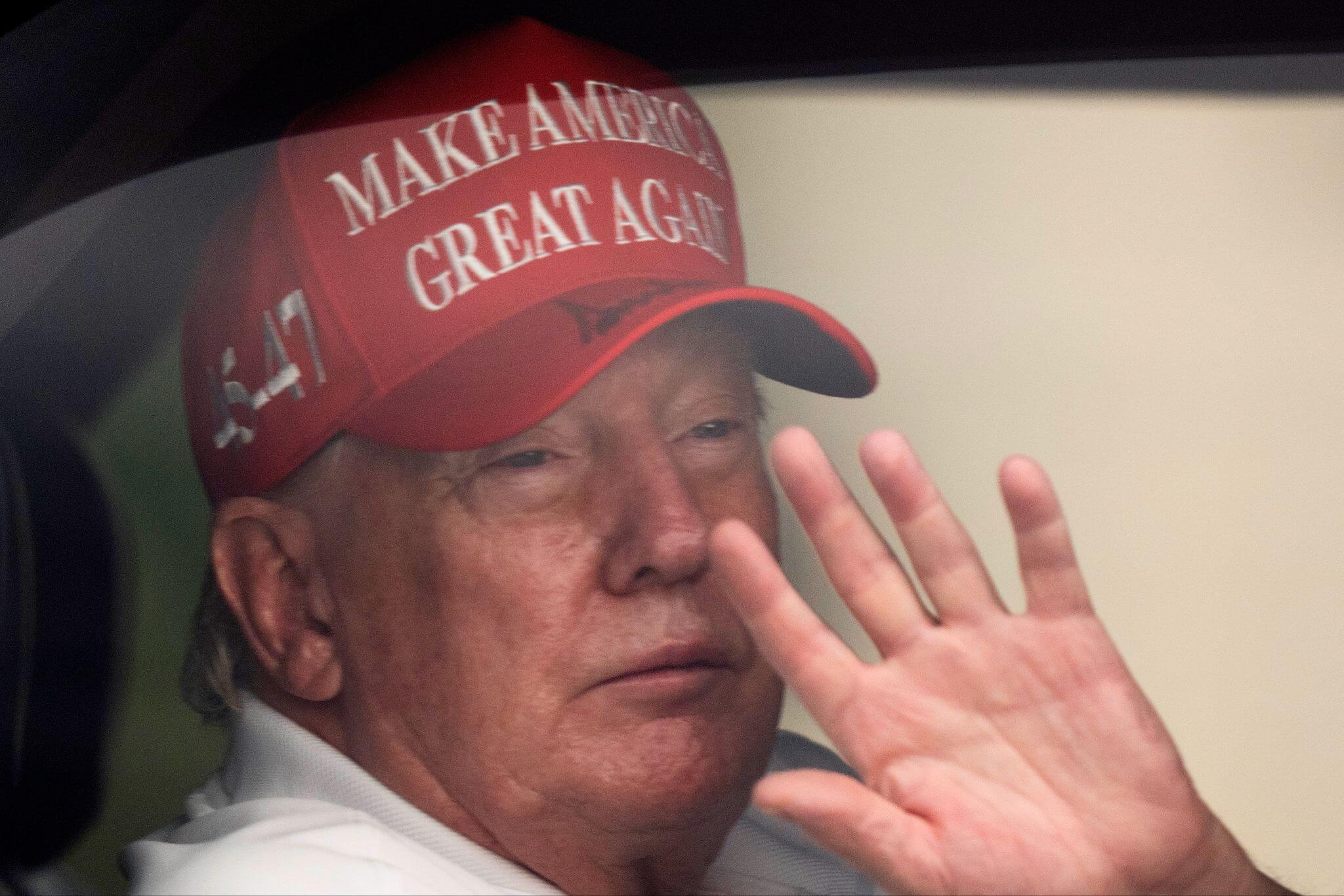Organized labor scored a notable win last week as editorial staffers at Gawker Media voted to be represented by the Writers Guild of America, East. Could this be a potentially influential inroad by organized labor into the world of digital media, which is virtually non-union?
Hamilton Nolan, 35, is a senior writer who’s been at Gawker since 2008 and is active in the union movement there. I asked him about the entire matter:
What was the primary catalyst for workers considering a union at Gawker Media? For those who haven’t followed the story, what would you say are the key issues?
The key specific issues that most employees want to see addressed in a contract include: getting some sort of wage scale with minimum salaries, getting a system for regular raises, getting severance pay, and improving workplace communication. In a broader sense, the catalyst was the fact that the “new media” industry is almost completely not unionized, and an organized work force is an important part of making sure this industry functions fairly in decades to come.
Was there any particular catalyst in hooking up with the Writers Guild of America, East, as opposed to another union, such as the Newspaper Guild?
I had been having conversations with a WGA organizer who mentioned she was interested in organizing digital media workplaces, and I suggested trying to organize Gawker, and we went from there. Since ours is an industry that’s not much organized at all, it’s going to be a somewhat new experience for whatever union we go with. The WGA has done a great job so far, in my opinion. Also, unionized TV and screenwriters have working conditions and income that are the envy of most other sectors of the writing world. Not a bad precedent.
With the decline in union membership over the last 30 or so years, there’s been the notion that a newer generation of workers are more independent-minded, wary of large institutions (of various sorts) and not inclined to the collective effort symbolized by unionization. Do you find that mistaken?
My sense is that the younger generation of workers is not so much inherently anti-union as just lacking in a personal connection to unions. As union membership has declined, fewer and fewer kids have been growing up with a union tradition in their household. At the same time, the right wing in America has done a bang up job of propagandizing against organized labor for the past 30 years. I think that as the extent of economic inequality in America becomes clear to younger workers, the natural benefits of unionization will also become clear. Unions will come back, because they have to.
Throughout media the past 20 or so years, employers have seemingly sought to essentially alter the definition of work rather than compensate for reporters adding other (often company-owned) media to their daily tasks. For example, doing radio and TV initially. Now come the Internet and social media and what can essentially be 24/7 work for one’s employer in a world where every minute brings a new deadline. What are your thoughts on how a contract somehow comes to financial, or other, terms with these implicitly greater, unceasing demands on the individual reporter or editor?
Gawker Media workers are fortunate in that as a group we are overwhelmingly happy with our working conditions and like our jobs, and I think most of us don’t feel systematically taken advantage of in the way you’re talking about. That said, those dynamics you mention are obviously a fact across much of the industry, particularly legacy media outlets trying to stay competitive with new media. It’s a very tough question, because stringent contracts that ensure that, for example, newspaper employees don’t have to compete online can have the perverse effect of hurting the company, and by extension the workers. I think in every media workplace, management and workers alike have to be very, very careful about negotiating these types of work rules in good faith, with a united eye towards balancing the needs of both sides. Tipping that balance too far in either direction can be fatal given the way the media landscape changes these days.
If Gawker Media workers bargain a first contract, what do you think might be the significance in terms of the expanding world of digital media? Might one see competitor employers simply unilaterally change wages and conditions to pre-empt unions at their workplaces? Or could you see other successful representation elections?
The main significance is proving that it can be done — and showing that it can be done without heavy opposition by management. I think just having a successful unionized online media company is an important thing, because it stops our competitors from claiming that an organized work force would be somehow fatal in this industry. I am really looking forward to some powerful people in this industry — Shane Smith and Arianna Huffington come to mind — getting the chance to help their employees live out the progressive ideals they espouse.





